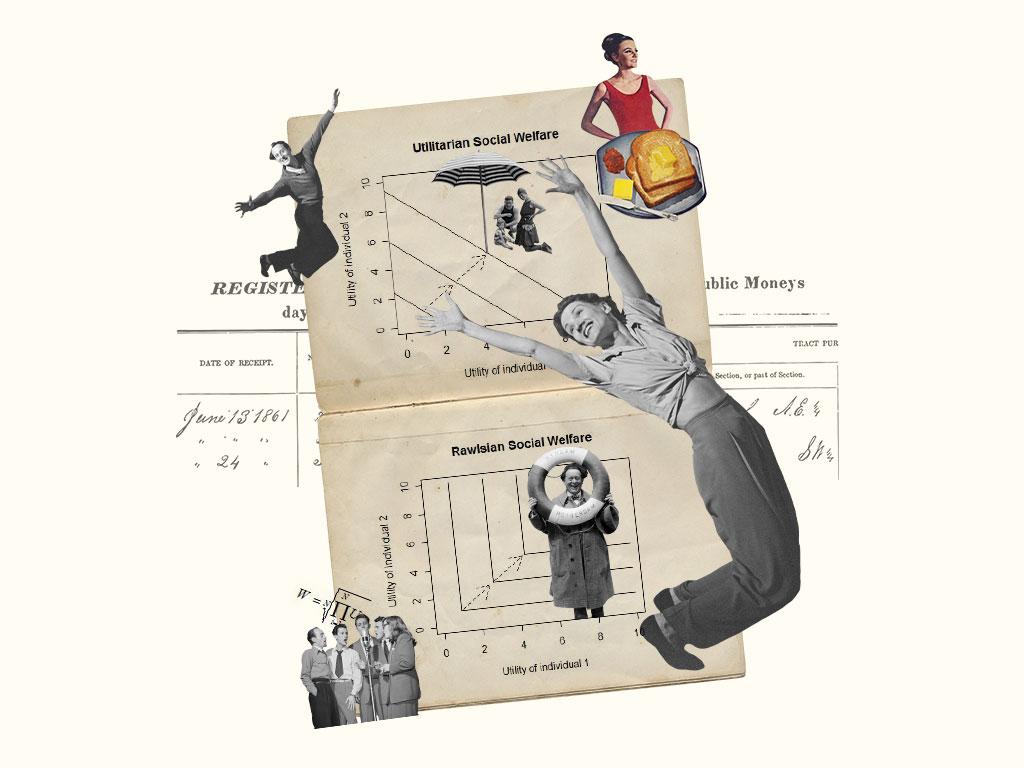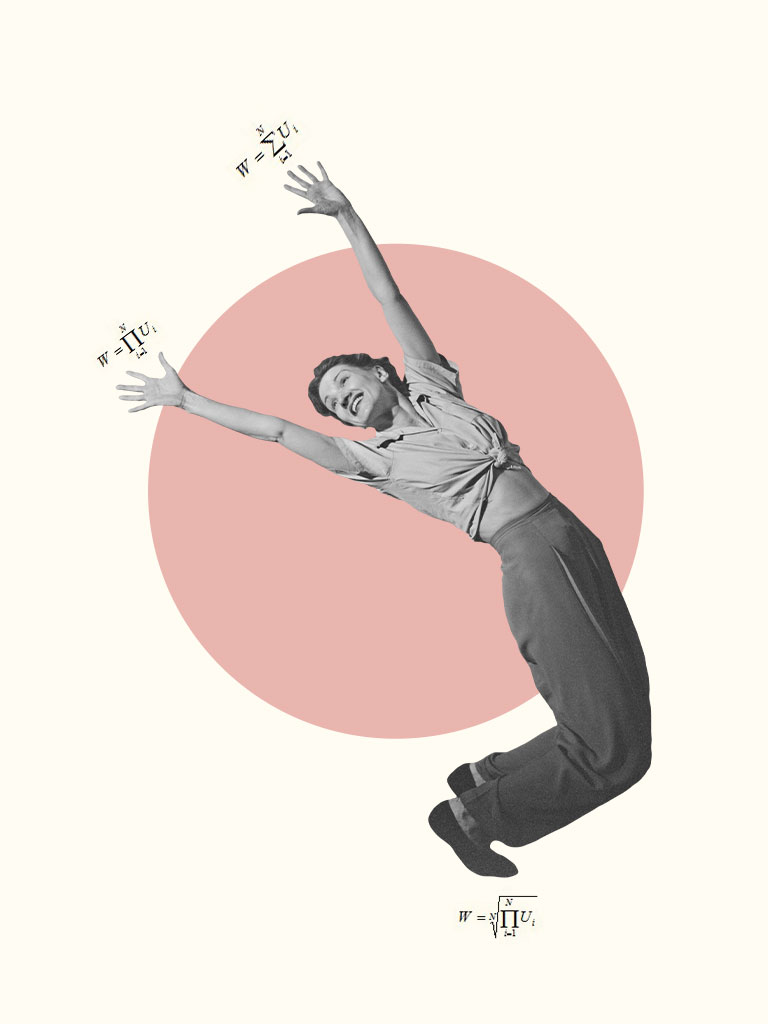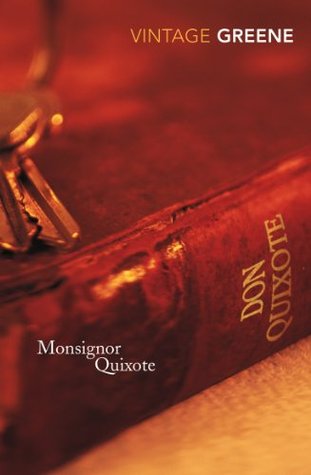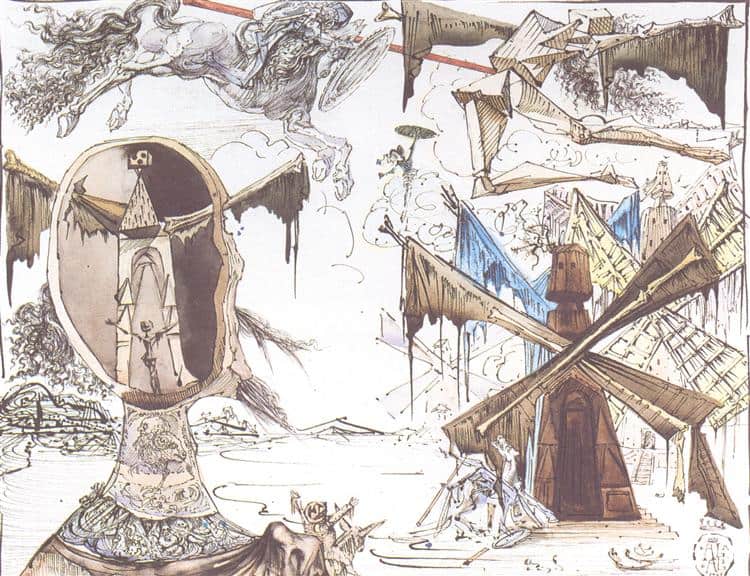The creed which accepts as the foundation of morals “utility” or the “greatest happiness principle” holds that actions are right in proportion as they tend to promote happiness; wrong as they tend to produce the reverse of happiness. By happiness is intended pleasure and the absence of pain; by unhappiness, pain and the privation of pleasure.
john Stuart Mill

Utilitarianism
John Stuart Mill

Sher, ISBN: 978-0872206052
...is a defense of his vision of hedonistic rule consequentialism—the right action is the one that conforms to a rule that maximizes happiness...for the greatest number of people.
Utilitarianism, by John Stuart Mill, is a defense of his vision of hedonistic rule consequentialism—the right action is the one that conforms to a rule that maximizes happiness (that is, pleasure or the absence of pain) for the greatest number of people. In chapter 2 he lays out the quantitative difference between higher and lower pleasures, as well as the qualitative one—the competent judges argument. He also shows how the principle of utility is compatible with phenomena like akrasia and self-sacrifice, and ends with a discussion of the epistemic problem of calculating which action will lead to the greatest happiness. Chapter 4 contains Mill’s infamous proof of the principle of utility and an extended discussion of how virtue can be accounted for within the utilitarian framework. Finally, the last chapter contains an extended and insightful analysis of the concept of justice, which he resolves into a feeling and moral component. The feeling is that of revenge expanded to cover all people. This is the feeling driving the guiding metaphor of justice—desert. The equally important concept of individual rights contains the moral component of justice, which is the social utility of security in one’s person and possessions.
Why This Text is Transformative?
The discussion of internal and external sanctions is forward thinking, pointing to the distinction between internal and external reasons, and demonstrates his belief in the plasticity of human nature through education and his debt to the positivism of his time.
Hedonistic Consequentialism has been around since Plato and Epicurus. However, Mill gives by far the most thorough argument in favor of it here, treating it as the natural result of a science of ethics. Throughout the text are implicit and explicit critiques of Kant, and many of the standard arguments deployed against utilitarianism are explicitly addressed by Mill. The quantitative analysis of the higher and lower pleasures, as well as the qualitative analysis in terms of competent judges, originates in Plato (see Protagoras and Republic Bk 9 respectively), but is most often attributed to Mill. The discussion of internal and external sanctions is forward thinking, pointing to the distinction between internal and external reasons, and demonstrates his belief in the plasticity of human nature through education and his debt to the positivism of his time. His proof of the principle of utility, involving as it does the blurring of the descriptive and prescriptive, is either a giant error or demonstrates a deep insight about a scientific ethics. Finally, his analysis of justice is essential reading for anyone interested in desert, rights, or the concepts of retributive and distributive justice.
A Focused Selection
Study Questions

1) What is Mill’s proof of the principle of utility? Is this a good argument?
2) Ever since Epicurus, hedonists have had a hard time accounting for virtue. How does Mill account for the fact that we do desire and value virtue? Do you think this utilitarian account of virtue works? What about in the case of friendship?
3) Many have argued that utilitarianism is incompatible with the demands of justice or the existence of rights. One can easily imagine a scenario where ignoring the demands of justice or the claims of a right might be the way to secure the greatest happiness for the greatest number. How does Mill attempt to harmonize utilitarianism with these demands and claims? Is he successful?
4) This is a famous thought experiment called the Trolly Problem. If you were driving a trolly that was speeding out of control towards five workers on the tracks, but there was a switch you could pull to change the tracks so that you avoided the five workers, but on the alternate track there was a solitary worker who would be killed, would you switch the tracks? What ought you to do? Utilitarianism seems to say that you should pull the lever to switch tracks and kill the one to save the five (maximizing happiness for the greatest possible number). What if, instead of pulling a lever, you now had to push someone in front of the trolly in order to stop it and save the five. Ought you to do that? If you answered differently in the two scenarios, what has changed about the moral situation you find yourself in, and why is this relevant?
Building Bridges
A Recommended Pairing

A wonderful short novel by Graham Greene, Monseigneur Quixote, recasts Cervantes’ magnum opus in a way that captures much of the humor and pathos in a more modern context, as the adventures of a Roman Catholic priest and a communist mayor taking to the road together in Spain during the Franco years. The richly imagined characters and their conversations make it clear that the issues that drive Don Quixote’s idealistic quest are not raised only in books of chivalry. How do we live with a commitment to the ideals of a religious faith or a political ideology which, though noble, may not fit easily with and may have unfortunate consequences in the unforgiving world in which we find ourselves? What difference does friendship make in our lives?
Supplemental Resources

Don Quixote and the Windmills, 1945 - Salvador Dali - WikiArt.org
Don Quixote has been an inspiration for many visual artists. Spanish surrealist Salvador Dali returned to the novel multiple times throughout his long career, creating sketches, paintings, and sculptures of Don Quixote and Sancho, depicting important episodes in the book. A pairing of an episode with one of Dali’s works can lead to a stimulating discussion.
What details do students notice? What do his artistic choices suggest about his interpretation of the characters? To the extent that students are familiar with the story of Don Quixote, it is likely to be as it is filtered through the musical The Man of La Mancha. The musical has its own merits, and is framed by the interesting device of placing Cervantes on stage as a narrator, but of course it is impossible for it to capture much of the complexity of the book – and it alters the ending dramatically. Students may find it interesting to compare the two endings.
Text Mapping
Discipline Mapping
Political Science/Government
Sociology
Philosophy & Religion
Page Contributor



